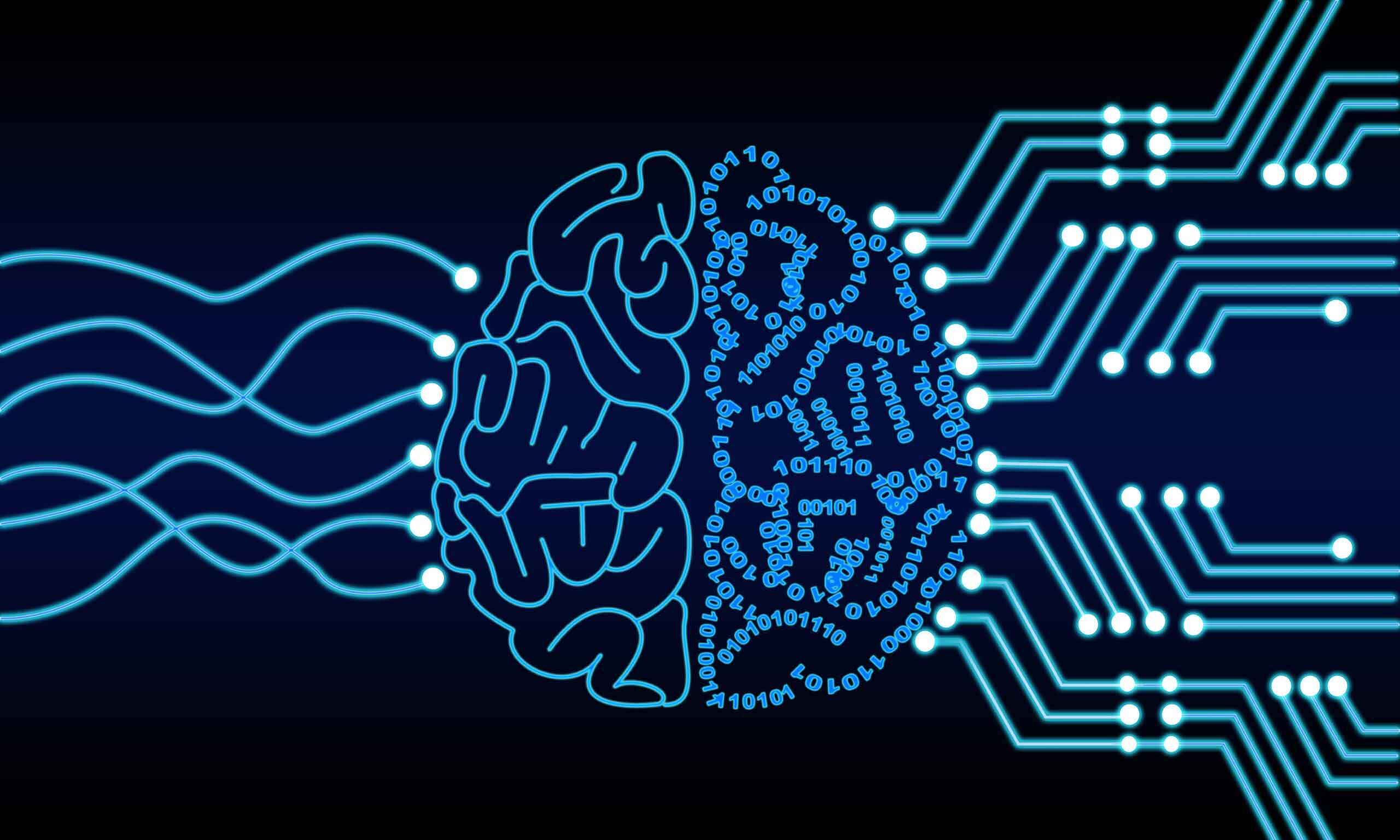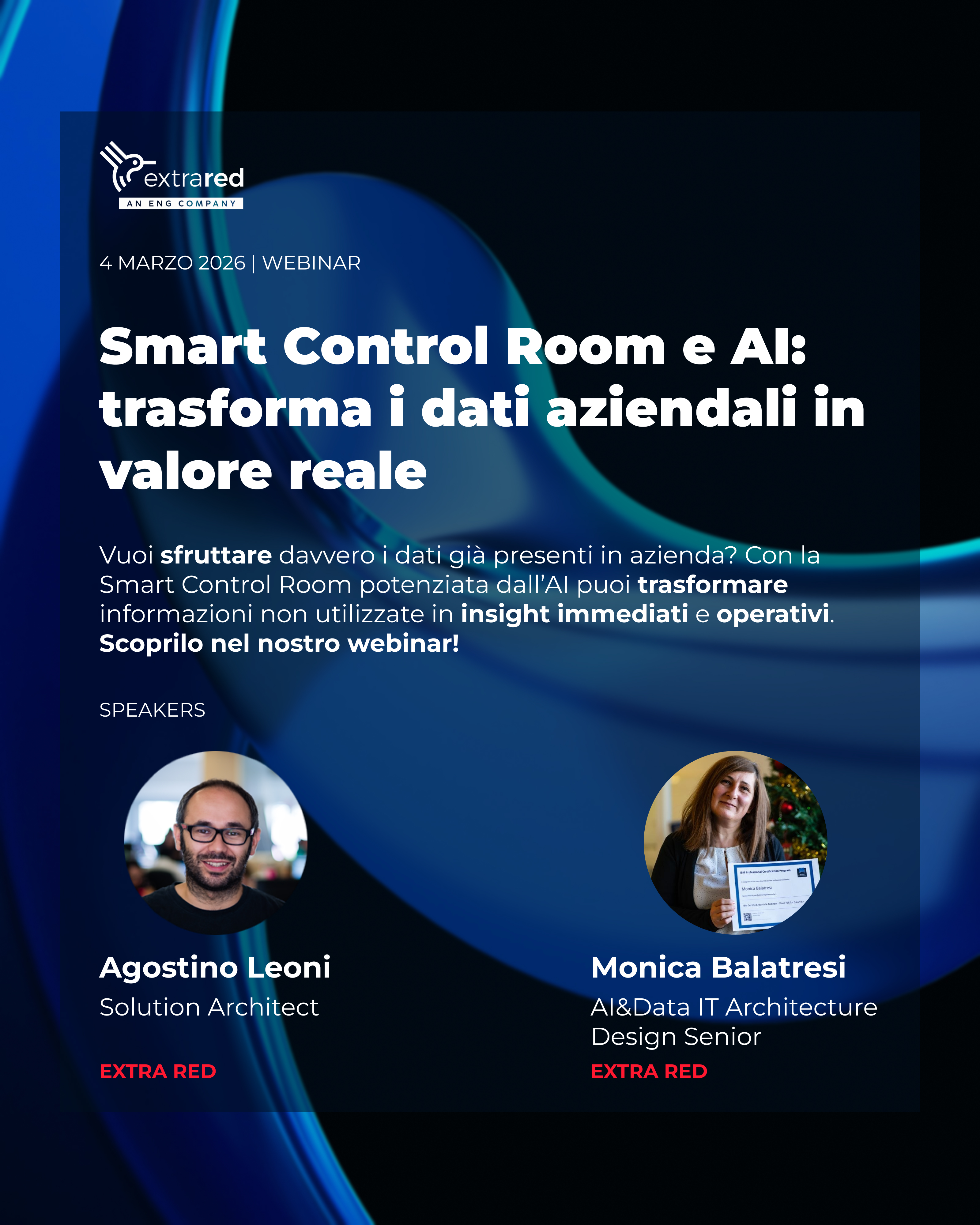Artificial Intelligence for businesses: benefits and opportunities to seize
AI & DATA
Artificial Intelligence for businesses: benefits and opportunities to seize

The growth prospects of AI
Just as electricity profoundly changed the lives of all of us 100 years ago, today Artificial Intelligence is leading a strong transformation in every sector. Between now and 2030, an estimated $13 trillion of GDP growth is expected to be driven by this technology. AI has already created immense value in major technology companies like Google, Baidu, Microsoft, and Facebook, but it will generate much more by serving other sectors beyond just the software industry.
What is Artificial Intelligence?
Artificial Intelligence (AI) is a branch of computer science that deals with the construction of intelligent machines capable of performing tasks that typically require human intelligence. It is an interdisciplinary science with multiple approaches, where advances in Machine Learning and Deep Learning are already leading to a paradigm shift in every sector of the technology industry.
Unlike computers that perform mechanical functions and precise tasks, AI is designed to acquire and process information that allows it to learn and interact correctly with the surrounding environment. However, the expansive goal of artificial intelligence still raises many questions and debates, to the extent that no single definition has been universally accepted yet.
What are some examples of AI-based technologies?
Artificial intelligence is finding applications in increasingly diverse fields, even in our daily lives. Just think that today we all know about conversational assistants popularized by major manufacturers: IBM's Watson, Amazon's Alexa, Google's Home, Apple's Siri, and many others. In this case, it is software capable of conducting a competent conversation as closely as possible to those that occur between human beings, using Natural Language Processing (NLP) techniques. These are tools that provide a wealth of information and support for everyday actions.
Similarly, in the field of medicine, AI techniques applied to diagnostics through image processing or other more or less structured data are now widespread. An artificial intelligence software can analyze and compare medical histories and pathological cases, quickly identifying patterns and details that often escape the human eye, and then helping to identify diseases and predict their progression. Additionally, there is the advantage of a single doctor being able to monitor multiple patients simultaneously through data analysis by machines.
We are now accustomed to getting into a car and entrusting the voice with regulating the air conditioning, making phone calls, or writing text messages. But not only that: according to recent estimates in the field of transportation, 95% of road accidents are caused by human errors. With self-driving vehicles, the total accident rate would be dramatically reduced by nearly 90%.
Often, we find assistants on websites that facilitate our navigation in search of specific information. The same search engine provided by Google uses Artificial Intelligence to scan the multitude of information on the web and intelligently and effectively finalize the search. Facebook uses this type of software to manage advertising spaces, potential "friendships," and news that aligns with the user's profile (appearing on the feed).
In our daily lives, AI-powered robots are also emerging, offering the advantage of being usable by anyone. Augmented reality devices, as well as Smart Home technologies, are accessible to anyone and enhance the perception of reality, creating a personalized and positive experience. We are now far from the dangerous robots depicted in science fiction.
For those of us who have experienced the consequences of the industrial revolution, it may seem contradictory, but automation through Artificial Intelligence will be able to improve current environmental conditions. Visionary minds like Elon Musk and giants like Google know this well, as they are investing in the use of technology for the planet's health restoration.
One significant environmental advantage is the use of drones in agriculture: this solution allows for real-time and environmentally-friendly monitoring of field conditions.
It is already possible to optimize a production chain, customer service, and many other moments in a company's productive life by introducing software tools that replicate and simulate human behaviors. DeepMind, a startup owned by Google, has nearly halved its energy consumption through AI data analysis. Any company has the potential to do the same.
What advantages can a company gain from AI?
In recent years, there has been much talk about Artificial Intelligence (AI) as if it were the solution to all problems, even though it cannot do everything yet. While it is almost impossible to list all the advantages that AI can bring to companies, much depends on the characteristics and objectives of the company itself. Let's analyze the most important ones below:
SAVING TIME AND THEREFORE MONEY, INCREASING REVENUE
Machines can work 24/7: they don't sleep, they don't need breaks, they don't get bored. They are more efficient than humans for the tasks they have been programmed for. Machines equipped with Artificial Intelligence do not experience the same productivity declines that workers suffer at the end of the day. They can relieve workers from "dirty, boring, or dangerous" tasks. We can rely on them for timely and punctual reporting of important events, even in the middle of the night, or to provide customer assistance through a chat at any time of the day.
Artificial Intelligence can analyze enormous amounts of data in the blink of an eye and make immediate and precise decisions. This is a task that would require many hours of complex human work or would often be impossible to accomplish. AI can absorb repetitive tasks by automating routine work. One of the main advantages of AI is that intelligent software can automatically and autonomously complete repetitive tasks. This results in significant time and energy savings.
Chatbots (such as IBM's Watson, to mention one of the most popular) are a rapidly growing market that could reach $1.25 billion by 2025, up from $190.8 million in 2016. Chatbots and other NLP (Natural Language Processing) based systems promise excellent results and, most importantly, integration possibilities within various areas of business. In customer relationship management, for example, chatbots replace or assist operators, are extremely efficient, eliminate waiting times, and allow the company to refocus its staff on value-added activities.
By automating processes, reducing errors, leveraging AI capabilities to enhance the customer experience, and consequently boosting sales, it is not only possible to save money on otherwise costly business processes but also increase revenue.
PROVIDING BUSINESS INSIGHTS THROUGH INFORMATION ANALYSIS
Data is the "new oil" in the era of digitalization, an invaluable resource in the digital economy, and Artificial Intelligence can help companies extract insights by processing billions of pieces of information in an instant. However, Big Data is useless if it cannot be understood and processed.
Artificial Intelligence is capable of providing accurate predictions about future outcomes based on historical data. It can turn information into knowledge and provide a glimpse into the future. AI is a technology that supports businesses with predictive analytics, which, through the analysis of data provided by statistical algorithms and Machine Learning techniques, identify the likelihood of future events. The goal is to go beyond understanding what has happened to better assess what will happen in the future.
Predictions are not only useful in the retail sector. In the banking industry, for example, AI is used to predict currency fluctuations and stock prices. In the healthcare field, it is used to forecast events such as hypoglycemic episodes.
AI-based tools help businesses gain a competitive advantage by instantly processing data to create better, tailored products and services for their customers, reducing the risk of failures or downtime, cutting costs through predictive maintenance, improving operational efficiency, and enhancing safety and compliance.
REDUCING ERRORS
Artificial Intelligence is not entirely error-free, but in general, it is much more precise than humans, with an accuracy rate of around 99% in many cases. This holds true even for highly sophisticated systems like Google's LYNA (Lymph Node Assistant), which has achieved 99% accuracy and 69% sensitivity in detecting metastatic breast carcinoma, according to VentureBeat.
The great advantage of AI is that it makes decisions based solely on available data, without opinions or emotions. However, it can reflect the biases of people, leading to the issue of "machine bias."
Machine bias is the effect of erroneous assumptions in machine learning processes. Bias reflects issues related to data collection or usage, where systems draw improper conclusions from data sets, either due to human intervention or a lack of cognitive evaluation of the data. Bias can occur due to various factors, starting with the way data is provided. For example, if data is collected through a survey published in a magazine, we must be aware that the responses (data) come from those who read that magazine, which represents a limited group of people.
IMPROVING CUSTOMER EXPERIENCE AND RELATIONSHIP
Artificial Intelligence solutions benefit both companies and their customers. According to Drift's State of Conversational Marketing survey (2019), the most common issues faced by consumers include difficulties in receiving answers to simple questions, navigating a company's website, finding information about products and services, and contacting operators outside working hours.
Today, interacting with customers is more important than ever, especially considering that people's buying habits have drastically changed due to the pandemic, particularly in e-commerce channels. Marketers can simplify the Customer Journey for their consumers by leveraging their data and using AI to discover new engagement patterns and leverage innovative insights.
By observing user behaviors, they can ensure that the products or services offered are relevant and appealing, creating personalized experiences. And, in a way, personalized experiences were once a luxury only the wealthy could afford. However, today, the vast amounts of data create models that allow businesses to understand users and be prepared to treat them individually.
PROVIDING CONTINUOUS, 24/7 SUPPORT
Another important factor to consider is that AI is available uninterrupted. AI-based apps can assist customers regardless of the time of day. In the transportation sector, for example, Artificial Intelligence is used to communicate with customers in real-time, send personalized travel information, and provide them with updates on their luggage, informing them of its exact location or when it will arrive at the destination.
In an extremely competitive market, AI-based solutions contribute to creating an exceptional customer experience, which helps increase customer loyalty and drive sales. A study conducted by Zendesk shows that 42% of B2C customers make more purchases after a positive customer service experience, while poor customer service interactions cause 52% of customers not to make purchases.
59% of buyers who have experienced personalization believe it has a significant influence on their purchasing decisions. When Amazon introduced its "review system," it saw a 29% increase in sales. These numbers demonstrate that the "everyday" use of AI, to which customers are already accustomed, brings real value.
Artificial Intelligence is a topic that is widely debated in terms of regulation at the European and global levels because it is evident that it offers tremendous potential, which certainly needs to be properly directed and managed. But it is certain that it can improve our world and businesses, freeing us from burdensome tasks and helping us make increasingly informed and rational decisions.
Do you wish to know more? Let's talk about it!
explore Contact Us
other articles on the topic

Extra Red was a key player at the "It's All CIO & Technology conference"

Fireside Chat with Roberto Pieraccini

IBM Study Tour with Nooemy

Quarkus & Couchbase: a simple REST example

What is Business Intelligence?














